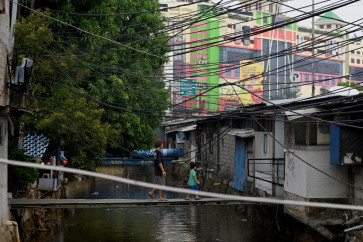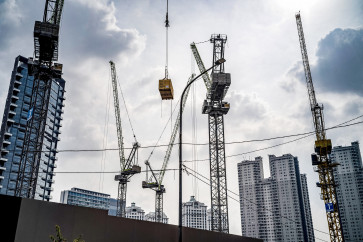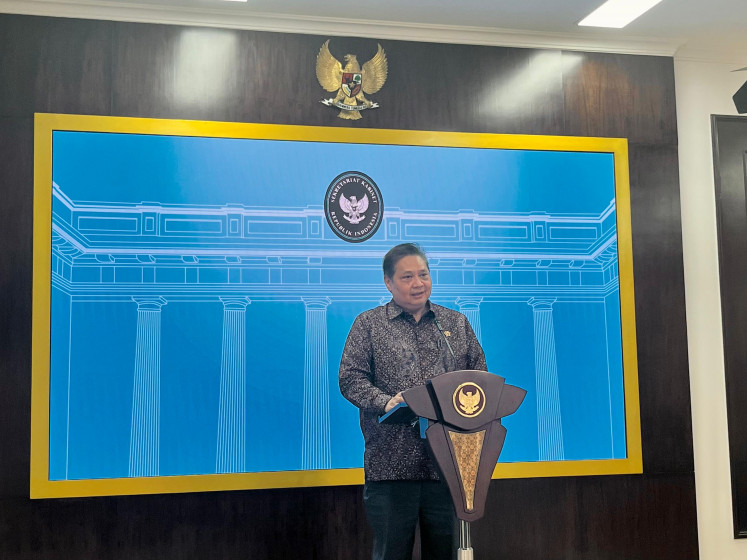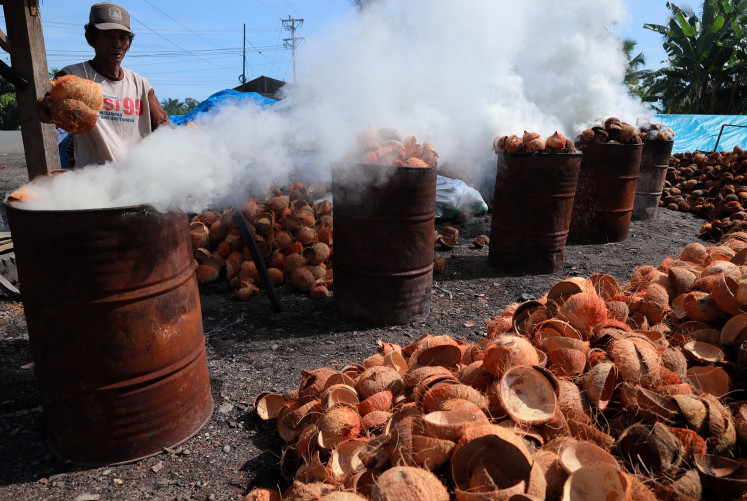Govt's share in new CBM contracts may start at 1%
The government may take only a 1 percent share in the production sharing contract (PSC) with coal bed methane (CBM) developers to attract investors and boost the non-conventional gas project
Change text size
Gift Premium Articles
to Anyone

T
he government may take only a 1 percent share in the production sharing contract (PSC) with coal bed methane (CBM) developers to attract investors and boost the non-conventional gas project.
The Energy and Mineral Resources Ministry is preparing a new scheme for CBM blocks to use a sliding scale mechanism starting from only 1 percent for the production of up to 5 billion British thermal units per day (bbtud)
'When the production increases, the government's share will also be higher. This will be applied on new contracts, but there will be regulations for the transition period [from the previous contract],' the ministry's director general for oil and gas IGN Wiratmaja Puja said.
Indonesia now applies a PSC scheme for its oil and gas block development projects. For gas projects, the split between the government and the contractor is usually 70 percent to 30 percent, which is also applied for CBM blocks at present ' drawing criticism that the non-conventional blocks have special characteristics and should be treated differently.
By making the split between the government and the contractors progressive, the government expects that CBM development will be more attractive for developers.
'The progression is aimed at giving a good pay-back period for investors because the development of non-conventional gas takes time and developers have to go through de-watering process and low output in the beginning,' Wiratmaja said.
A regulation regarding the new scheme is currently being deliberated and is expected to be rolled out soon, according to Wiratmaja.
He added that the oil and gas office had a production target of around 100 million standard cubic feet per day (mmscfd) within 5 to 10 years period following the implementation of the new scheme.
'We will see the start of big production in 2025. We hope that contractors of the current 54 blocks will start drilling following the new policy,' Wiratmaja said.
The country is estimated to have significant CBM potential, with an estimated 453 trillion cubic feet (tcf) in CBM reserves. Since 2008, as many as 54 working areas for CBM development have been approved. However, the complexity of the development and a number of issues have hampered the projects.
Under the previous more ambitious target, the government planned to see a CBM production of 500 mmscfd in 2015, which was later reduced drastically to 8.9 mmscfd. The production in 2014 was only around 0.625 mmscfd.
_________________________________
'We will see the start of big production in 2025. We hope that contractors of the current 54 blocks will start drilling following the new policy.'









